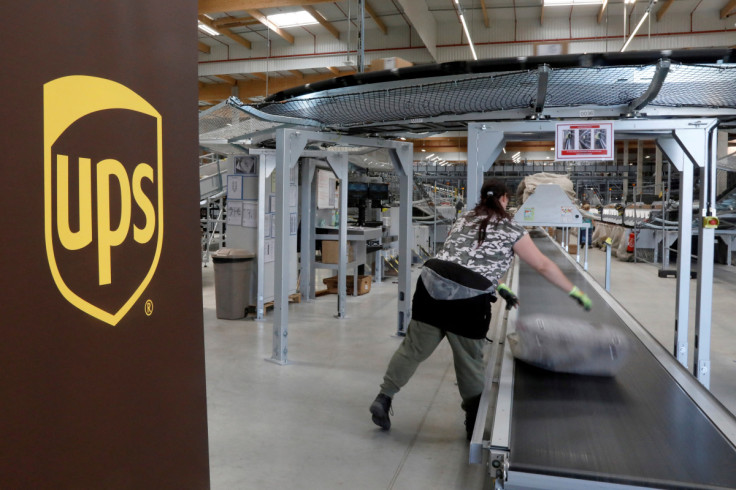UPS Secures Major Deal As Primary Air Cargo Provider for USPS, Ending FedEx Partnership
In a strategic move set to reshape the landscape of parcel delivery services in the US, United Parcel Service (UPS) has clinched a pivotal agreement with the United States Postal Service (USPS), becoming its primary air cargo provider. The groundbreaking development comes as FedEx announces the conclusion of its longstanding partnership with USPS, marking the end of over two decades of collaboration.

The decision by FedEx to sever ties with USPS underscores a shift in dynamics within the industry, driven by evolving market demands and operational considerations. Despite being the largest customer for FedEx's air-based Express segment, USPS has gradually transitioned its shipping preferences from air to more cost-effective ground transportation methods, precipitating a decline in payments to FedEx.
"The parties were unable to reach agreement on mutually beneficial terms to extend the contract," FedEx stated in a securities filing on Monday.
FedEx's readiness to walk away from the partnership underscores its commitment to optimizing operational efficiency and bolstering profitability amidst evolving market conditions. As FedEx prepares to navigate a post-contract landscape, adjustments to its network are anticipated to mitigate the loss of nearly $2 billion in annual business generated by the USPS contract.
The repercussions of the decision extend beyond corporate boardrooms, potentially impacting the livelihoods of up to 300 pilots at FedEx. The Air Line Pilots Association, embroiled in labor negotiations with FedEx, awaits further developments as the ramifications of this decision unfold.
Meanwhile, UPS emerges as the primary beneficiary of this strategic realignment, positioning itself as the leading domestic air contractor for USPS. With a commitment to enhancing service offerings and streamlining operations, UPS aims to capitalize on this significant partnership expansion to fortify its market position and drive sustained growth.
Glenn Zaccara, UPS spokesperson, emphasized the company's dedication to delivering exceptional service standards throughout the transition period. While specific financial details of the contract remain undisclosed, UPS remains steadfast in its commitment to transparency and operational excellence.
The implications of this seismic shift reverberate across the logistics landscape, underlining the competitive dynamics within the parcel delivery sector. As UPS assumes its role as USPS' primary air cargo provider, the stage is set for a new era of collaboration and innovation in parcel delivery services.
For USPS, the transition signifies a strategic realignment aimed at optimizing operational efficiency and adapting to changing consumer preferences. With an emphasis on proximity and expedited deliveries, USPS is poised to leverage UPS' expansive network to enhance service offerings and drive customer satisfaction.
© Copyright IBTimes 2024. All rights reserved.












